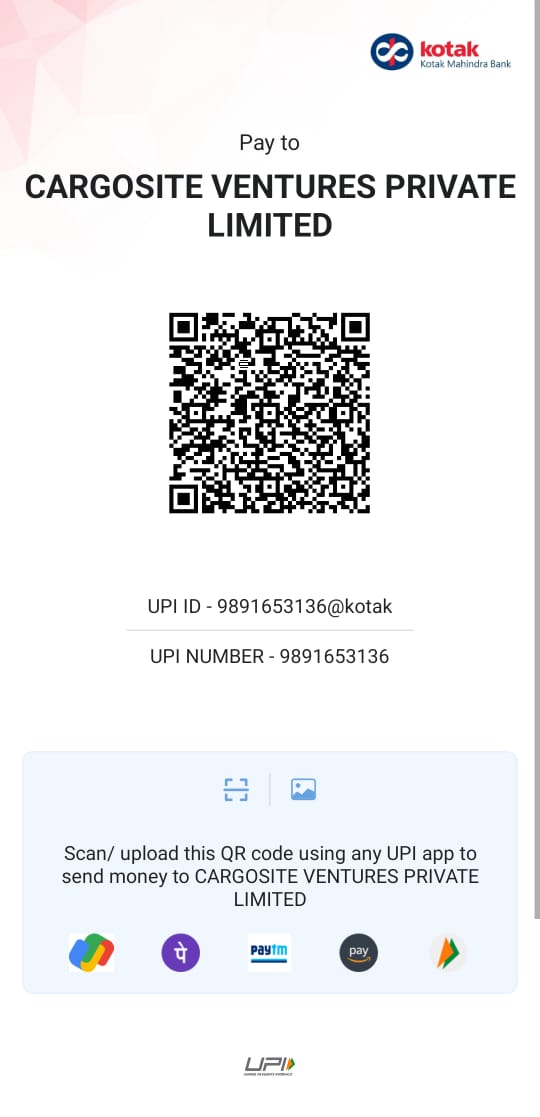A Deep Dive into India's E-Waste (Management) Rules 2022
INTRODUCTION:
The proliferation of electrical and electronic equipment (EEE) in our daily lives has given rise to a critical challenge—the proper management of electronic waste (e-waste). Recognizing the urgency of addressing this issue, the Ministry of Environment, Forest, and Climate Change (MoEF &CC) in India has taken a proactive step by introducing the E-Waste (Management) Rules of 2022. Implemented on April 1, 2023, these rules are designed to address the burgeoning concerns surrounding e-waste and foster sustainable practices through the principles of Extended Producer Responsibility (EPR).
This article seeks to provide a comprehensive overview of the E-Waste (Management) Rules, 2022, shedding light on their key provisions and the crucial role of Extended Producer Responsibility in promoting environmentally sound e-waste management. By exploring these aspects, this article aims to contribute to a better understanding of the initiatives and obligations outlined in the E-Waste (M) Rules 2022, ultimately fostering a more responsible and circular approach to e-waste management in India.
Extended Producer Responsibility (EPR E-Waste) Framework:
In India, EPR compliance for e-waste is governed by the E-Waste (Management) Rules, 2022. These rules place the responsibility of collecting and managing e-waste on producers, Manufacturer, Recycler and Recycler. Producers are required to take back their end-of-life products and ensure their environmentally sound recycling or disposal.
Each entity must register under the appropriate category, and conducting business without registration is strictly prohibited. Furthermore, registered entities must not engage with unregistered manufacturers, producers, recyclers, or refurbishes. Under the E-Waste Rules, producers are required to obtain authorization from the State Pollution Control Board or Pollution Control Committee for their e-waste management activities.
Producer’s Registration and EPR E-Waste Obligation:
Rule 3(t) of the E-Waste (Management) Rules 2022 meticulously defines producers as individuals or entities engaged in the manufacturing, selling, or importing of electrical and electronic equipment.
As per these regulations, producers dealing with the specified electrical and electronic equipment are mandated to register themselves on the dedicated portal established by the Central Pollution Control Board (CPCB). This registration process is not only a regulatory requirement but also a crucial step in promoting transparency and accountability in the electronic waste management ecosystem.
Furthermore, the adherence to Rule 3(t) extends to the obligation for producers to set and attain extended producer responsibility targets, a process facilitated through the designated portal.
Registration Applicability:
All Manufacturers, Producers, Dismantle, Recycler & Refurbisher falling under the purview of the E-Waste (Management) Rules 2022 are obligated to undergo registration on the designated portal. This includes producers who have previously secured Extended Producer Responsibility (EPR) authorization under the preceding E-Waste (Management) Rules of 2016, regardless of whether the authorization process was completed through offline or online channels. It is imperative for these producers to undergo re-registration on the updated portal as mandated by the regulatory framework.
The attached document comprises the list of products mandating Extended Producer Responsibility (EPR) Electronic Waste (E-Waste) Registration. Please find the detailed inventory enclosed for your reference CLICK HERE
Registration Process for EPR E-Waste on the Portal:
Documents & Fee Submission: The applicant must file an EPR Authorisation form, all required documents, and a comprehensive EPR Plan for the collection, dismantling and recycling of the product.
Document Scrutiny by CPCB: The Chairman of the CPCB approves or reject the application based on the EPR plan. In case of incomplete applications or any issued flagged, the applicant will be given a timeframe to resolve such issues.
Grant of EPR authorisation: CPCB issued EPR authorisation within 120 days of receiving the accepted application. In case of amendment in rules, a revised NOC is issued.
Conclusion:
The enforcement of the E-Waste (Management) Rules 2022 in India marks a substantial stride in the direction of effective e-waste management and the fostering of a circular economy. At the core of these regulations is the introduction of an extended producer responsibility framework, placing a pivotal emphasis on the responsibility and accountability of manufacturers, producers, refurbishers, and recyclers in overseeing the entire life cycle of electrical and electronic equipment.
In essence, the E-Waste (Management) Rules 2022 underscore a commitment to responsible environmental stewardship and the cultivation of a circular economy in the realm of electronic waste in India. It is essential for all stakeholders, including producers, manufacturers, refurbishers, recyclers, and consumers, to actively participate in the effective implementation of the E-Waste (Management) Rules 2022 to create a sustainable and responsible approach towards e-waste management in the country.
For More on EPR E-Waste Visit EPR E-Waste
Want to apply for the EPR E-Waste reach to our expert Ms. Rekha (+91-9811803136), Ms. Manju(+91-9711994042)
